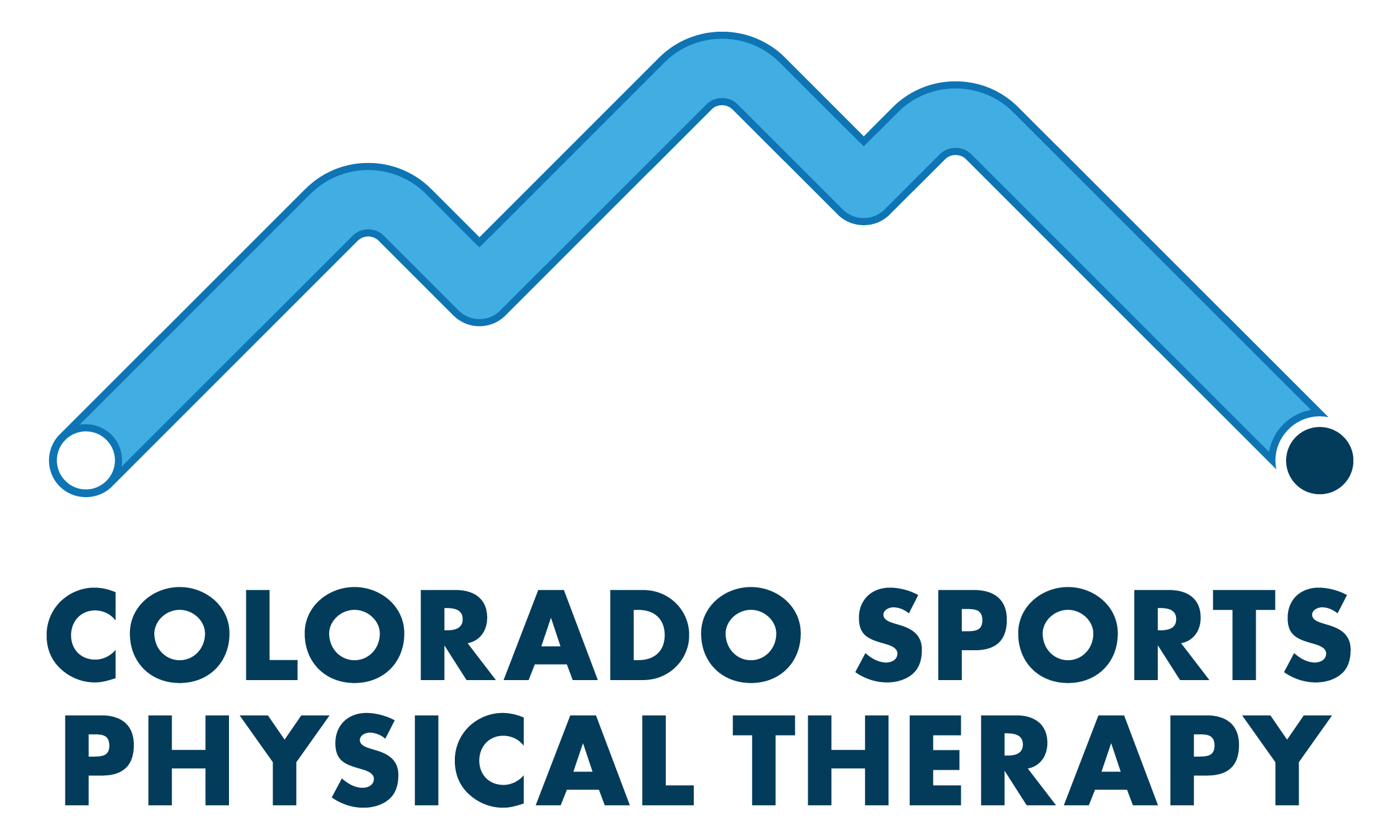Physical Injury and Mental Health
Public awareness has increased recently regarding the connection between physical and mental health. Physical activity has been identified and is more widely acknowledged as a worthwhile component of holistic mental health care (Vankim 2013), but there is less awareness regarding the mental and emotional impact of acute injury.
As physical therapists, one of the ways that we will often frame the experience of pain is like this: Every physical pain has its mental/emotional component, and vice versa. This essentially means that, even in the case of simple things like a mild ankle sprain, we can experience a negative impact on our mental and emotional state. Similarly, when we are depressed or otherwise experiencing emotional distress, we will often experience physical symptoms (e.g. fatigue, nausea, or even pain).
Specifically, one literature review found that it is not uncommon for individuals to experience “post-traumatic stress disorder, depression and anxiety” following a traumatic injury (Wiseman 2012). In cases of chronic pain, psychiatric and medical/physical symptoms can “interface prominently” (Gatchel 2004), meaning there is substantial interaction between these 2 domains. As such, we need to recognize and acknowledge that dealing with an issue in either of these areas can lead to the development or worsening of issues in other areas. Fortunately, this is not the end of the world, but timely recovery in either of these areas can benefit from an awareness of the effects that each one can have on the other.
Knowing this can help provide a measure of reassurance, but given the stigma surrounding mental health and seeking out mental healthcare, individuals dealing with a physical injury and/or chronic pain may not look for or receive the care that they need. A narrative review of student athletes published in 2015 found that many athletes considered seeking help to be a “sign of weakness” and felt that they should be able to “push through” psychological issues on their own (Putukian). This approach is not helpful to recovery, and is certainly not unique to the athletic world. Recognizing the need for psychologically-informed healthcare across the spectrum of care has been a topic of recent focus for rehabilitation organizations and will hopefully drive better awareness and interventions in the future.
If you or someone you know is dealing with an injury and is feeling the weight of anxiety, depression, or any other emotional or mental distress as a result of said injury, know that this can be a normal part of the journey to recovery. Also know that there is help out there! Letting someone on your healthcare team, whether that’s your PCP, physical therapist, psychiatrist, counselor, etc. know that you are struggling with these issues is the first step towards getting that help. From there, your team can collaborate to find solutions that work for you. For example, your physical therapist may be able to suggest other forms of exercise to keep you moving while you rehabilitate, and may be able to touch base with other providers on your team to see how we can better support you with whatever tools and resources you need.
Your mental health is important and plays a substantial role in your rehab. You don’t have to struggle with emotional distress on top of your physical injury - there is help, and there is hope. Reach out, and we will do our best to help you keep moving.
Article By: Jason Hubbard, PT, DPT, OCS, USAW-2
References
Gatchel, R. J. (2004). Comorbidity of chronic pain and mental health disorders: The biopsychosocial perspective. American Psychologist, 59(8), 795–805. https://doi.org/10.1037/0003-066X.59.8.795
Putukian, M. (2016). The psychological response to injury in student athletes: A narrative review with a focus on mental health. British Journal of Sports Medicine, 50(3), 145–148. https://doi.org/10.1136/bjsports-2015-095586
Vankim, N. A., & Nelson, T. F. (2013). Vigorous physical activity, mental health, perceived stress, and socializing among college students. American Journal of Health Promotion: AJHP, 28(1), 7–15. https://doi.org/10.4278/ajhp.111101-QUAN-395
Wiseman, T., Foster, K., & Curtis, K. (2013). Mental health following traumatic physical injury: An integrative literature review. Injury, 44(11), 1383–1390. https://doi.org/10.1016/j.injury.2012.02.015
